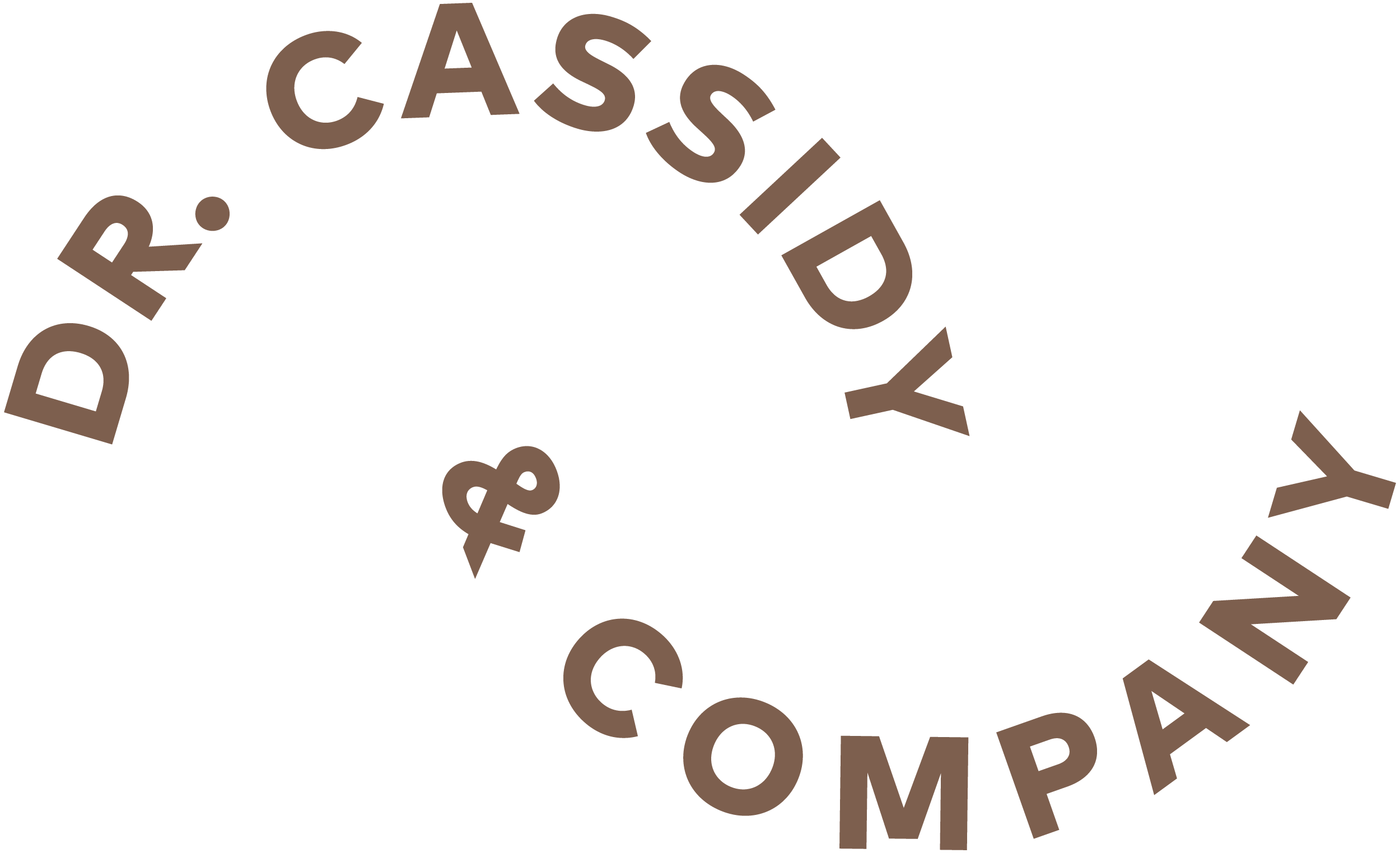emdr therapist san diego
emdr THERAPY SD
Anyone who has experienced trauma knows how life-changing it can be. Trauma–in all its forms–shakes us to our core and can shape our outlook on the world. However, it is possible to heal. Working with an EMDR therapist in San Diego can help you grow from difficult experiences. Our team is here to empower you on your healing journey.
Trauma lives in our bodies. This means that when we feel triggered (reminded of a past trauma-big or small), we can experience intense physical symptoms--even if we don't realize we're being triggered. Eye movement desensitization and reprocessing therapy, or EMDR, targets these triggers and sensations to help you experience more calm and ease.
We (unfortunately) can't take away your past trauma or traumatic memories. However, EMDR therapy can change how you relate to your experience. With the help of a San Diego EMDR therapist, you can learn to live with your trauma so it no longer rules your life.
We've seen firsthand how helpful EMDR therapy can be. We're here to meet you with a safe space to process and strategies that tap into your body’s natural healing mechanisms to support you on your healing journey. Together, we can create meaningful change so you live a happier, more grounded life. Reach out today to get started.
Our therapists are here to meet you with compassion, kindness, and curiosity. Our goal is to make therapy a safe space for you to heal from your traumatic birth, take care of your mental health, and feel like yourself again.
We know that reaching out for support after experiencing a traumatic event can be extremely difficult. Our team is available for complimentary 15-minute phone consultations to address any questions or concerns you have about starting therapy. We encourage you to connect with us to start making meaningful change today.
emdr therapy
emdr therapy
everything you need to know about emdr therapy
Compared to other types of therapy, EMDR treatment is relatively new. However, it's evidence-based, meaning that research shows it to be effective. Here, we break down everything you need to know about EMDR: what it is, what it can treat, and how it can help.
WHAT IS EMDR THERAPY?
EMDR stands for eye movement desensitization and reprocessing. EMDR therapy is an effective treatment for different mental health disorders, including post traumatic stress disorder (also known as PTSD), anxiety, phobias, low self esteem, birth trauma, and grief.
EMDR therapy involves a technique called bilateral stimulation to help change the way your brain reacts to traumatic memories. This involves giving sensory input to both sides of the brain and body. Some therapists use eye movements, while others use different techniques such as tapping and auditory stimulation. Your therapist will guide you through their process in your sessions.
how can emdr therapy help?
EMDR is evidence-based, meaning it is backed by research. Studies have shown that EMDR has several different benefits. Each person's experience in therapy is different, but here are a few examples of how EMDR therapy may be able to help you.
improve your quality of life
Trauma can make it hard to live your everyday life. Research suggests that EMDR can improve your quality of life by rewiring your triggers and decreasing how much you think about a past traumatic event. It's easier to function when your brain has stored past intense experiences in a way that is adaptive to your current situation, which EMDR therapy supports.
reduce your negative beliefs
Some people who have experienced a traumatic event also change the way they think about themselves, other people, and the world. Studies show that EMDR therapy can reduce the amount of negative beliefs you have, as well as dial back the intensity of these negative beliefs.
experience less physical pain
Our minds and bodies are intimately connected, and trauma can impact us both physically and mentally. Research involving people with chronic pain shows that EMDR can help reduce physical pain symptoms and even help people better manage their pain.
DOES EMDR THERAPY HELP CONDITIONS OTHER THAN POST TRAUMATIC STRESS DISORDER?
While EMDR therapy is usually associated with treating PTSD symptoms, it can help with many other mental health conditions. Here are just a few examples of other mental health problems that EMDR can treat.
TRAUMATIC BIRTH EXPERIENCES
Unfortunately, many moms have traumatic birth experiences. Unexpected medical issues, premature labor, and other challenges can leave you feeling anxious and on edge. Even if you don’t have a formal PTSD diagnosis, EMDR can help you process your traumatic birth experience.
PANIC DISORDER
Panic attacks can often be a part of post traumatic stress disorder. However, they can also exist on their own. One case study demonstrated how effective EMDR can be for people who experience panic attacks.
SUBSTANCE USE DISORDERS
Panic attacks can often be a part of post traumatic stress disorder. However, they can also exist on their own. One case study demonstrated how effective EMDR can be for people who experience panic attacks.
DEPRESSION
EMDR can help people experiencing depression. Research shows that people with long-term depression reported improvements in their mood after engaging in EMDR therapy.
CHRONIC ILLNESS
Chronic illness can come along with lots of different emotions: fear, pain, worry, sadness, anger, and more. Studies suggest that EMDR can help people cope with the challenging feelings that accompany chronic illness.
EATING DISORDERS
Some people develop eating disorders when they don't have other coping skills. Studies show that EMDR can help with emotional regulation, which can then help people with eating disorders cope more effectively.
our approach as emdr therapists in san diego ca
EMDR is a form of therapy that involves specific techniques, considerations, and types of sessions. Unlike many other types of therapy, EMDR utilizes a clear structure. With that being said, therapy is never a formula–you're a unique individual. Our San Diego therapists prioritize taking a warm, personal approach.
Therapy is vulnerable, and sometimes painful work. That's why our team takes time to build a true connection with each of our clients. We want to get to know you and what your needs, values, and boundaries are. By creating a space where you feel safe to be yourself, we can empower you on your healing journey.
Though we are experts in providing therapy, you are the expert of your personal life and experience. We cultivate a space that encourages you to fully express yourself without judgment, criticism, or shame. We're here to serve as a gentle guide along your path, not tell you what's wrong with you or what you have to do.
We honor the courage it takes to invite therapy into your life. Pursuing therapy also shows that you care a lot about your growth and wellbeing–and we do, too. We consider it a privilege to walk alongside you during this tender time. You don't have to do this alone. We're here for you.
faqs about emdr therapy in san diego
EMDR is different from many forms of traditional mental health treatments, so it's normal to feel confused or uncertain. We've answered your top questions so you can get a better sense of whether EMDR is right for you.
-
Yes! At this time, our practice exclusively provides virtual therapy sessions. We find that meeting online can help make therapy more accessible to our clients. Since we provide virtual sessions, you don't have to be located in san diego for us to meet–we serve folks throughout the entire state of California.
Virtual therapy saves time and money since you don't have to commute to a therapy office for each session. Meeting online also allows you to access therapy from the comfort of your own home. Being in a space where you already feel comfortable can help make it easier to open up.
Online therapy is also confidential. We provide all sessions via a hipaa-compliant platform to make sure that your information stays secure. Plus, you don't have to worry about bumping into people in a therapy waiting room.
-
Emdr is different from many other kinds of therapy in a few ways. Through using bilateral stimulation, emdr therapy focuses on the brain and body. Since our bodies hold onto our traumatic memories, using techniques that target the brain-body connection can be especially helpful.
Emdr is also different from other forms of therapy because it uses less talking and verbal processing. Other approaches, such as psychodynamic therapy, require you to recount your traumatic event, which can sometimes feel overwhelming. Emdr helps you heal by tapping into your body’s natural healing processes, so sharing the details of your trauma with someone else is not necessary.
Some therapists use Emdr in combination with different types of therapy approaches. You and your therapist collaborate in order to create a therapy experience that best suits your needs, goals, and preferences.
-
Everyone's experience with therapy is different. However, there is a standard approach that most emdr therapists tend to follow. Typically, eye movement desensitization and reprocessing therapy starts with building your relationship with your therapist to make sure that you feel safe to proceed.
Before starting emdr, you and your therapist will discuss your symptoms and experience, and your therapist will give you more information about emdr. The initial stages of emdr also include learning tools for stress and regulating your big emotions, mindfulness, and feeling grounded again after you’ve been triggered. From there, you will move into reprocessing the memories that are keeping you stuck.
Your therapist will use bilateral stimulation techniques to help with this process. These techniques involve stimulating both sides of your brain and body. For example, you may tap certain points on your body or follow a light point back and forth with your eyes.
Throughout the entire therapy process, your therapist will check in and ask about how you feel. You and your therapist will also work together to make sure that you have coping skills to help you throughout your experience.
POSTPARTUM THERAPY IN SAN DIEGO
Our team of therapists are here to lend a compassionate listening ear and offer evidence-based strategies to support you in processing your birth and feeling present again. We'd be honored to navigate this journey with you, and we're looking forward to hearing from you. Reach out today to get started.












